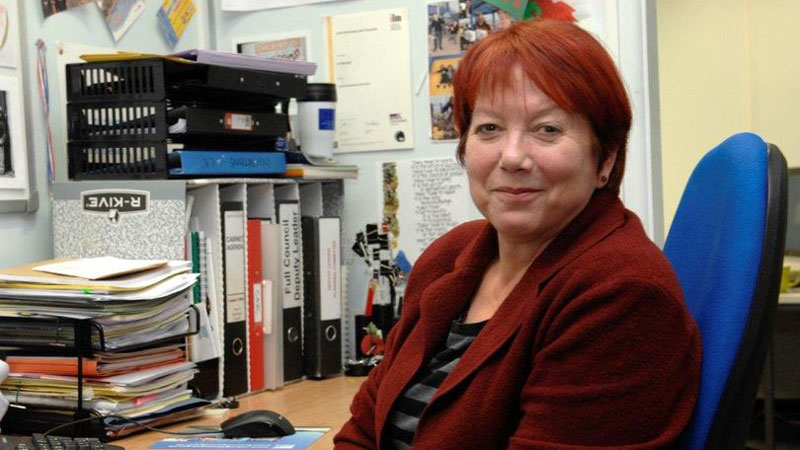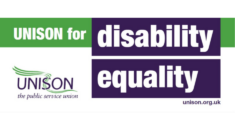My first experience of cyber abuse was on the afternoon of Sunday 24 March 2013. I had tweeted asking for recommendations for a local hairdresser and a local blogger took exception and attacked me for finding time to have my hair done.
While he wasn’t to know that my request was so I could look reasonable to attend my sister’s funeral, it struck me – and many of my followers – as completely inappropriate. My hair and its colour appears to be a recurring theme in the relentless, critical posts deliberately orchestrated by the blog since that day.
I’ve been more fortunate than many female politicians. I have not received threats of a sexual nature and only one that could be interpreted as personally threatening, when a post was ended with the words ‘lock and load’.
Cyber abuse makes you cautious when someone arrives on your doorstep unannounced – ‘just checking where you live’ – or when you’re out and about on your own. Personal safety has become a very real issue.

That’s why I was so pleased to hear about UNISON’s ground-breaking work on cyber abuse and was delighted to speak at their recent event.
It can feel like abuse when frustration with red tape and bureaucracy boils over into an abusive online rant by a local resident. But once that frustration has been released, a conversation can take place to see if the situation can be sorted.
Withdrawing from social media to avoid this would affect people’s ability to contact me to find help – and so, for me, that’s not an option.
Most of the cyber abuse I experience is politically motivated, either by people seeking to tap into my followers to boost their own profile, or using blogs or multiple posts to create a virtual ‘wall of noise’ in an attempt to silence me or misrepresent my comment or post.
It is the latter that I find most disturbing, as it is insidious in its nature and has much wider implications for free speech, with the risk large sectors of the community being silenced.
I have a simple choice. I know that when I walk away from active politics the abuse will probably stop. But I worry for the many people who have told me about their experience of cyber abuse. They tell me of how, for them, the ‘wall of noise’ can feel as if the whole world is against them.
Grown adults and young people alike have told me how they have withdrawn from social media following a torrent of abuse related to an innocent post, and how they feel alienated and without a voice.
If we believe in openness, transparency and freedom of speech, then cyber abuse must be addressed quickly before only the loudest and most abusive have a voice.
Two thirds of UNISON members are women, many of whom have experienced some form of online abuse.
That’s why UNISON Cymru/Wales has created a new course: Combatting cyber violence towards women and girls.
The day course guides women from understanding online abuse to actively advocating against it.
The region is hoping to roll the training out to all its branches, in order to raise awareness of the issues and help put an end to all forms of cyber bullying.



